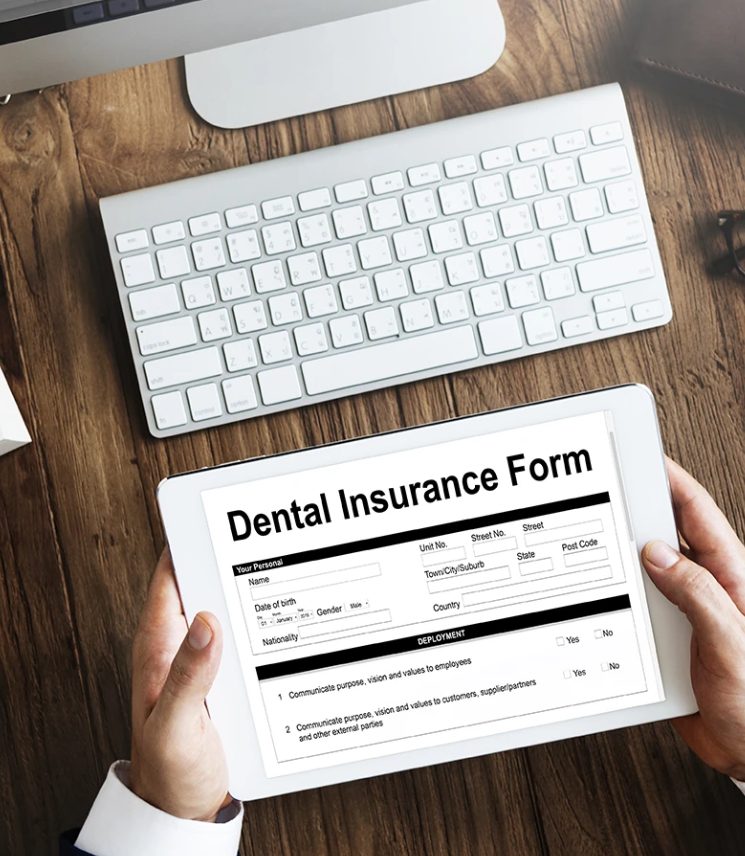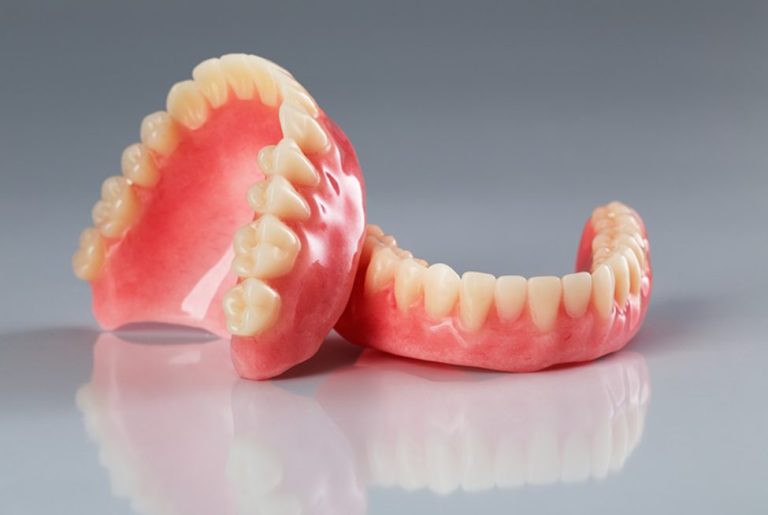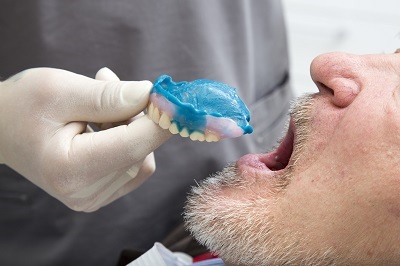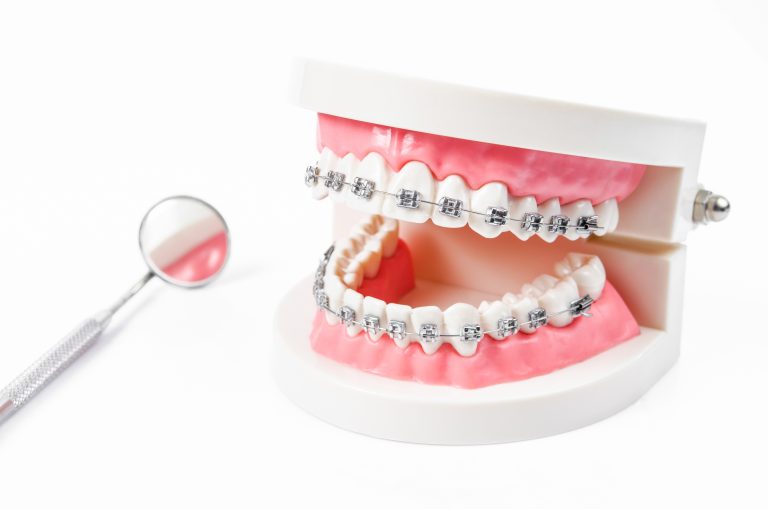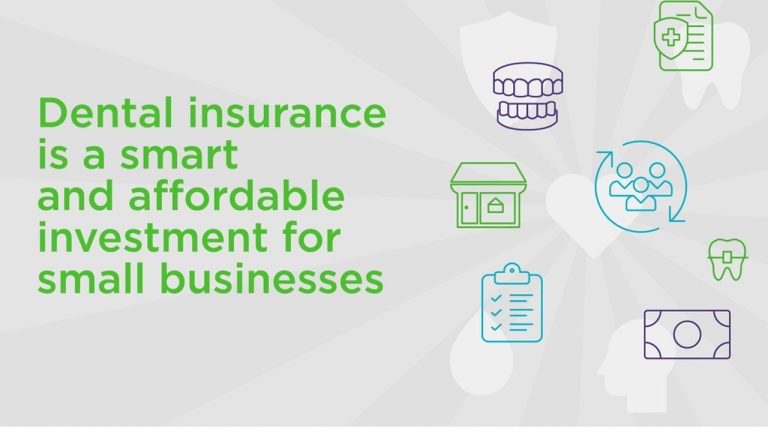Additional dental insurance coverage can be a valuable tool in maintaining optimal oral health and preventing costly dental procedures. However, with various options and complexities, it’s essential to understand the ins and outs of this coverage to make informed decisions. This article delves into the world of additional dental insurance coverage, exploring its benefits, types, factors to consider when choosing a plan, and tips for maximizing your coverage.
Contents
Understanding Additional Dental Insurance Coverage
What is Additional Dental Insurance Coverage?
Additional dental insurance coverage, also known as supplemental dental insurance, is a type of insurance plan that provides coverage beyond what is offered by a standard dental insurance plan. It helps individuals and families manage the costs of dental care, including preventive, basic, and major dental procedures.
Benefits of Additional Dental Insurance Coverage
1. Enhanced Financial Protection
Additional dental insurance coverage acts as a financial safety net, protecting you from unexpected dental expenses. It helps you manage the costs of routine dental care, such as cleanings and checkups, as well as more extensive procedures like fillings, crowns, root canals, and orthodontics.
2. Improved Access to Dental Care
Knowing you have additional dental insurance coverage can encourage you to seek regular dental care without worrying about the financial burden. This proactive approach can lead to early detection and prevention of dental problems, saving you time, money, and discomfort in the long run.
3. Comprehensive Coverage
Additional dental insurance coverage often provides coverage for a broader range of dental services than standard plans. This can include coverage for cosmetic procedures like teeth whitening, dental implants, and orthodontics for adults, which are typically not covered by traditional dental insurance.
4. Flexibility and Choice
With additional dental insurance coverage, you have the flexibility to choose a plan that best suits your needs and budget. You can customize your coverage based on your dental health history, anticipated dental needs, and financial considerations.
5. Peace of Mind
Knowing you have additional dental insurance coverage can provide peace of mind, knowing you are financially protected against unexpected dental expenses. This allows you to focus on maintaining your oral health without worrying about the cost.
Types of Additional Dental Insurance Coverage
1. Stand-alone Dental Insurance
Stand-alone dental insurance is a separate dental insurance plan that you purchase independently of your health insurance. It offers coverage for a wide range of dental services and can be customized based on your needs.
2. Dental Discount Plans
Dental discount plans are not insurance plans but rather membership programs that offer discounts on dental services from participating dentists. These plans typically have lower monthly fees than traditional insurance but may have limitations on coverage and provider networks.
3. Dental Indemnity Plans
Dental indemnity plans allow you to choose any dentist you prefer and reimburse you for a percentage of the cost of covered dental services. These plans offer flexibility but may have higher out-of-pocket costs and deductibles.
4. Preferred Provider Organization (PPO) Plans
PPO plans offer a network of preferred dentists who provide dental services at discounted rates. You can also see dentists outside the network, but you may have to pay higher out-of-pocket costs.
5. Dental Health Maintenance Organization (DHMO) Plans
DHMO plans require you to choose a primary care dentist from a network of providers. You typically pay a fixed monthly premium and have low or no copayments for covered services. However, you may have limited flexibility in choosing your dentist.
Factors to Consider When Choosing Additional Dental Insurance Coverage
1. Coverage and Benefits
Carefully review the coverage and benefits offered by different plans. Consider your dental health needs, anticipated dental procedures, and desired level of coverage.
2. Cost
Compare the monthly premiums, deductibles, copayments, and annual maximums of different plans. Consider your budget and anticipated dental expenses when evaluating the cost.
3. Provider Network
If you have a preferred dentist, ensure they are included in the plan’s network. Consider the size and accessibility of the provider network when making your decision.
4. Waiting Periods
Some plans have waiting periods before you can access certain benefits, especially for major procedures. Consider the waiting periods and how they may impact your dental care needs.
5. Exclusions and Limitations
Understand the exclusions and limitations of the plan. Some plans may not cover pre-existing conditions, cosmetic procedures, or certain types of dental work.
6. Customer Service and Reputation
Research the insurance company’s reputation for customer service and claims processing. Read online reviews and consider recommendations from friends and family.
Tips for Maximizing Your Additional Dental Insurance Coverage
1. Understand Your Plan
Thoroughly review your plan’s coverage, benefits, exclusions, and limitations. Contact your insurance provider if you have any questions or need clarification.
2. Utilize Preventive Care
Take advantage of preventive care benefits, such as cleanings and checkups, to maintain optimal oral health and prevent costly dental problems.
3. Plan Major Procedures in Advance
If you anticipate needing major dental work, plan and schedule it in advance to ensure you can utilize your insurance benefits effectively.
4. Maintain Good Oral Hygiene
Practice good oral hygiene habits, such as brushing twice a day, flossing daily, and using mouthwash, to prevent dental problems and reduce the need for extensive dental work.
5. Stay Informed
Stay informed about your plan’s benefits, changes in coverage, and any updates from your insurance provider. Review your plan annually to ensure it still meets your needs.
Conclusion
Additional dental insurance coverage can be a valuable investment in your oral health and overall well-being. By understanding the different types of coverage, factors to consider when choosing a plan, and tips for maximizing your benefits, you can make informed decisions and ensure you have the financial protection you need to maintain a healthy smile. Remember, investing in your oral health today can save you time, money, and discomfort in the future.
Read More: Best Dental Insurance Plans in CT

